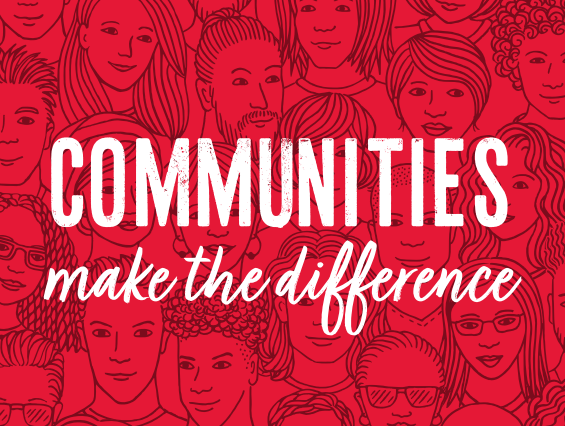Statement by UNFPA Executive Director Dr. Natalia Kanem on World AIDS Day
This World AIDS Day, UNFPA recognizes the vital role of communities in delivering sexual and reproductive health services that help prevent HIV transmission and improve the well-being of people living with HIV/AIDS. By putting communities at the centre, we can reach those furthest behind and achieve zero new HIV infections, zero AIDS-related deaths and zero stigma and discrimination.
While we have made progress, we cannot underestimate how far we have to go before we can put an end to HIV and its devastating effects. Last year alone, an estimated 1.7 million people around the world were newly infected with HIV and the epidemic remains a huge challenge in sub-Saharan Africa, where it continues to have a disproportionate impact on young women and adolescent girls.
Delivering an integrated sexual and reproductive health package that includes HIV prevention and treatment for adolescents, young people and key populations, women and girls can help scale up our collective response. So can bolstering access to comprehensive sexuality education, which provides adolescents and youth with the knowledge they need to safeguard their health and build a foundation for well-being that extends to their communities.
As part of the Global HIV Prevention Coalition working to end HIV as a public threat by 2030, UNFPA is committed to fast-tracking the global HIV response. The recently held Nairobi Summit on ICPD25 made clear that HIV prevention, treatment and care are integral to the ICPD agenda, and mobilized governments, civil society and other partners to step up grassroots action. Central to those efforts are community-led programmes and policies that reach the most vulnerable, marginalized and at risk.
Let’s support all those contributing to the AIDS response at the local level, helping deliver services and raising awareness where it matters most. Their leadership and advocacy are needed more than ever to remove HIV-related stigma and lift the barriers to treatment that deter those in need.
By harnessing the power of community, we can close the gaps in HIV prevention and response and end the AIDS epidemic by 2030. United in this decade of action for the Sustainable Development Goals, let’s make it happen!



